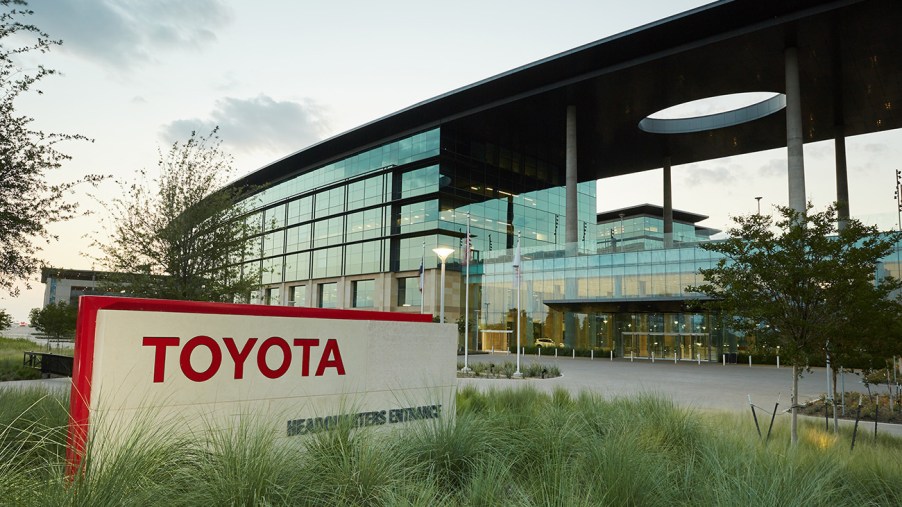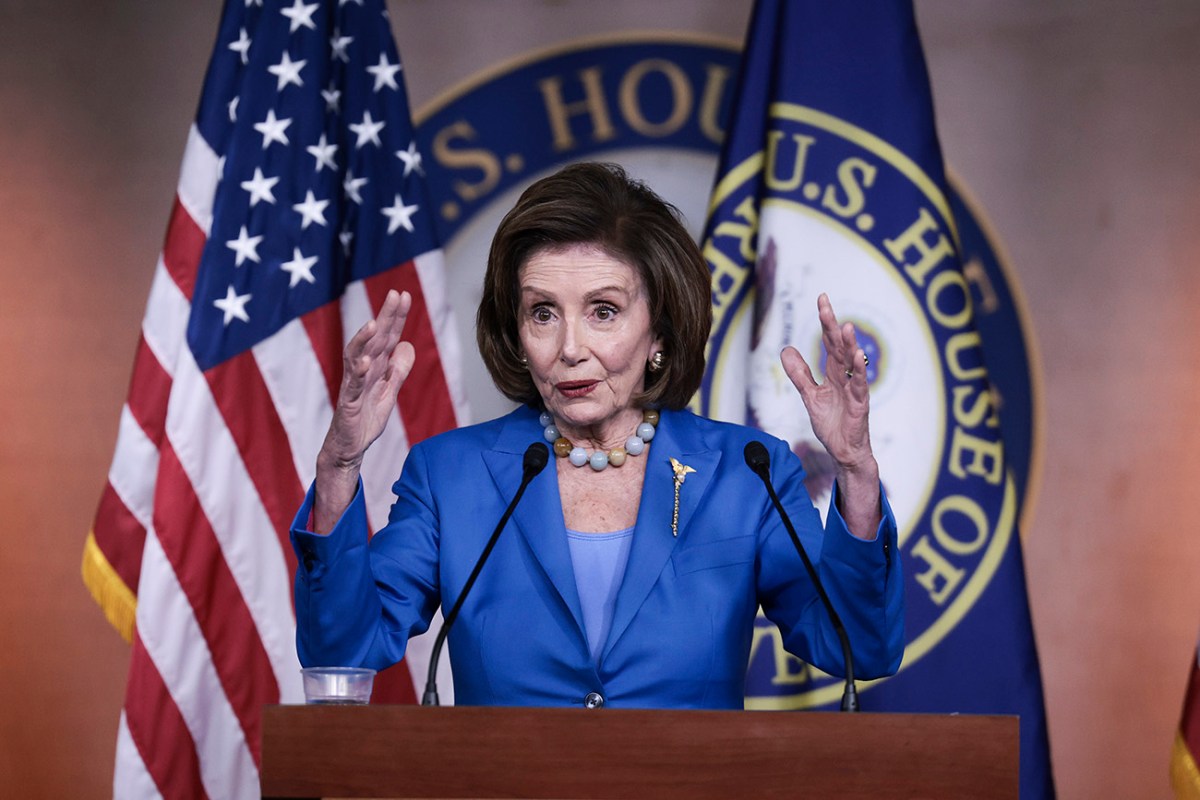
Over 100 Democrats Push For Increased EV Tax Credits
EV tax credits are one of the major incentives for consumers to make the switch from combustion to electric vehicles. Without tax credits, EVs are hard-pressed to compete with combustion vehicles when it comes to the sticker price. To encourage more American consumers to switch to electric vehicles, a proposal was presented to the Biden Administration to increase EV tax credits. However, there is a fight between lobbyists and elected officials over signing the proposal into law.
Over 100 Democrat house members push Pelosi to back new EV tax credits

According to Reuters,107 Democrats from the U.S. House of Representatives signed a letter to U.S. Speaker Nancy Pelosi to keep the increased EV tax credits in a spending bill that Democrats are currently trying to pass.
The United Auto Workers (UAW) union, the AFL-CIO, and U.S. automakers support the increased EV tax credits, including Ford, General Motors, and Stellantis.
“We strongly support leveling the playing field between non-union and unionized workforces by including the added $4,500 incentive to support union-made EVs,” read the letter which was led by Representative Thomas Suozzi.
Suozzi stated that the increased EV tax credits “help guarantee that working men and women are an integral part of that success story.”
A panel in the House approved the EV tax incentive legislation, which boosts EV incentives up to $12,500, including $4,500 for union-made vehicles and $500 for U.S.-made batteries.
According to the report, Pelosi’s office declined to comment on the letter.
Foreign automakers are against the incentives

As previously mentioned, the increased EV tax credits are supported by the “big three” American automakers. The reason for that is because the proposal for the tax credits heavily favors EVs that are built by union autoworkers.
EVs that non-union workers build would not qualify for the increased tax credits. Foreign automakers such as Toyota, Honda, Hyundai, Nissan, and Volkswagen AG, who do not use unionized workers to build their electric vehicles, have spoken out against the proposal.
The group of automakers believes that the legislation for the EV tax credits is unfair since it only applies to vehicles built by unionized labor. That group also sent a letter to Nancy Pelosi urging her to expand the EV tax incentives to cars made by non-union labor.
The letter stated that the current legislation “would unfairly disadvantage American workers who have chosen not to join a union and produce more than half of all vehicles in the United States and the vast majority of American-made EVs.”
Elon Musk is also against the legislation in its current form
Foreign automakers are not alone in being against the current legislation for the increased EV tax incentives. Tesla CEO Elon Musk also spoke out against the credits since vehicles built by his company would not be included. Tesla vehicles are built by non-union labor, so its cars would not qualify for the additional $4,500 tax credit.
Elon Musk took to Twitter to express his frustration with the legislation accusing it of being “written by Ford/UAW lobbyists.”
Expressing concern and frustration is one thing, but if Tesla and foreign automakers want the legislation to change, we suspect they will need to do something more than send an angry letter or tweet.


